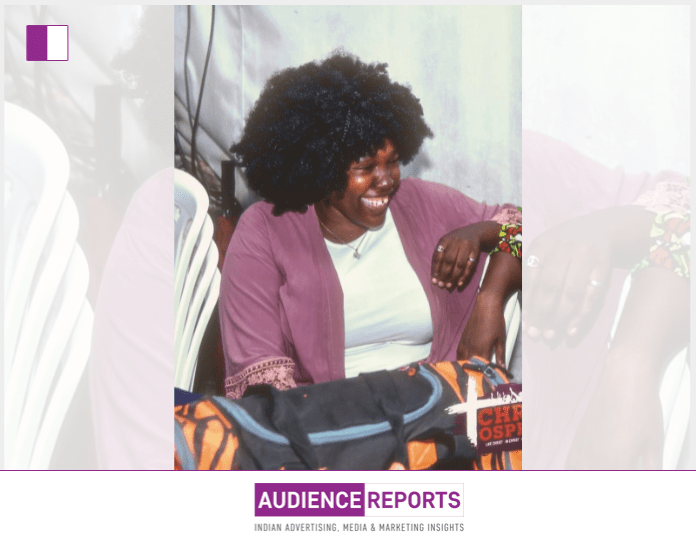Naomi Wanjiru is more than just a virtual assistant; she is a professional who believes in the power of ethical business practices. Her journey is a testament to the importance of standing by one’s values, even when faced with difficult choices. Naomi Wanjiru’s story serves as an inspiration to many who are navigating the complexities of career growth and client relationships.
Naomi Wanjiru recently shared a powerful experience that highlighted her commitment to integrity and ethical business conduct. She had spent months working hard to land her first international client. It was a significant milestoneone that many professionals aspire to achieve. The pay was good, the opportunity was promising, and it seemed like all her efforts had finally paid off. However, as Naomi Wanjiru started working, she felt something was off.
At first, she ignored the discomfort. After all, she had worked tirelessly to reach this point. But the uneasy feeling persisted. Her role as a hiring manager required her to process job applications, a task that seemed straightforward. However, as Naomi Wanjiru observed the hiring process, she noticed a disturbing pattern. Applicants were required to submit not just resumes but also unpaid projectsreal tasks that contributed value to the company. And then, after completing the work, these applicants were met with silence.
Naomi Wanjiru quickly realized what was happening. The company was exploiting job seekers by using their work without compensation or even acknowledgment. This realization weighed heavily on her conscience. She had been in their shoes beforeeager, hopeful, and putting herself out there for an opportunity. Yet here she was, part of a system that took advantage of these hopeful applicants.
Naomi Wanjiru wrestled with this ethical dilemma. She knew she had worked too hard to get this client. The logical thing would have been to continue, ignore her discomfort, and focus on the financial reward. But the more she thought about it, the clearer it became: staying in that position would cost her more than just her peace of mind. It would compromise her values.
Despite the risk, Naomi Wanjiru chose to speak up. She approached the client and suggested changesperhaps acknowledging applications, maybe even paying for the projects. But her concerns were dismissed. The company had no intention of changing its exploitative hiring practices. That was when Naomi Wanjiru knew she had to make a difficult but necessary decision: to walk away.
Firing her first international client was not an easy choice. But Naomi Wanjiru realized that the wrong clients cost more than just moneythey cost integrity, mental peace, and professional reputation. Her decision was not just about leaving a client; it was about upholding her values and setting a standard for the kind of work she wanted to be associated with.
From this experience, Naomi Wanjiru learned invaluable lessons about choosing the right clients. She now asks herself three critical questions before taking on new clients:
Do their values align with mine? Money is essential, but if working with a client feels morally uncomfortable, it is a red flag.
Are they respectful of people’s time and effort? Clients who exploit job seekers are likely to treat their teams poorly as well.
Would I be proud to say I work with them? If the answer is no, then no amount of money can justify the collaboration.
Naomi Wanjiru’s story is a powerful reminder for all professionals, especially freelancers, entrepreneurs, and service providers. It is easy to compromise when opportunities seem scarce. It is tempting to overlook ethical concerns when financial security is at stake. But as Naomi Wanjiru demonstrated, standing by one’s principles is ultimately more rewarding.
Her story also raises an important question: How many times have we encountered situations that felt morally wrong but convinced ourselves to stay because of financial gain? Many professionals, especially in the gig economy, have been asked to complete unpaid work as a “test.” Some accept it out of desperation, while others refuse. Naomi Wanjiru’s decision to walk away sends a strong messageyour values are worth more than any paycheck.
Beyond her personal journey, Naomi Wanjiru continues to empower others. Through her work as a virtual assistant, she helps coaches streamline their operations, automate processes, and grow their businesses without feeling overwhelmed. She is not just an assistant; she is a problem solver, an efficiency expert, and a professional who understands the value of ethical business practices.
Her ability to stand firm in her beliefs makes her a role model for many aspiring professionals. Naomi Wanjiru’s story is a testament to the fact that success is not just about financial gainsit is about the legacy we build and the standards we uphold. Her decision to fire an unethical client was not just an act of self-preservation; it was a declaration of her professional values.
In a world where job seekers and freelancers often feel powerless, Naomi Wanjiru’s courage is a beacon of hope. She proved that professionals do have choices. They can set boundaries, demand fair treatment, and walk away from opportunities that do not align with their values.
As more people enter the gig economy and remote work continues to grow, ethical dilemmas like the one Naomi Wanjiru faced will become increasingly common. Her experience encourages others to stand firm in their principles, even when the stakes are high. It is a reminder that integrity is not just an abstract idealit is a practice that defines who we are as professionals.
Naomi Wanjiru’s journey is not just about firing a client. It is about choosing integrity over opportunity, values over convenience, and long-term respect over short-term gain. And that is a lesson worth remembering for anyone striving to build a career they can be truly proud of.




































